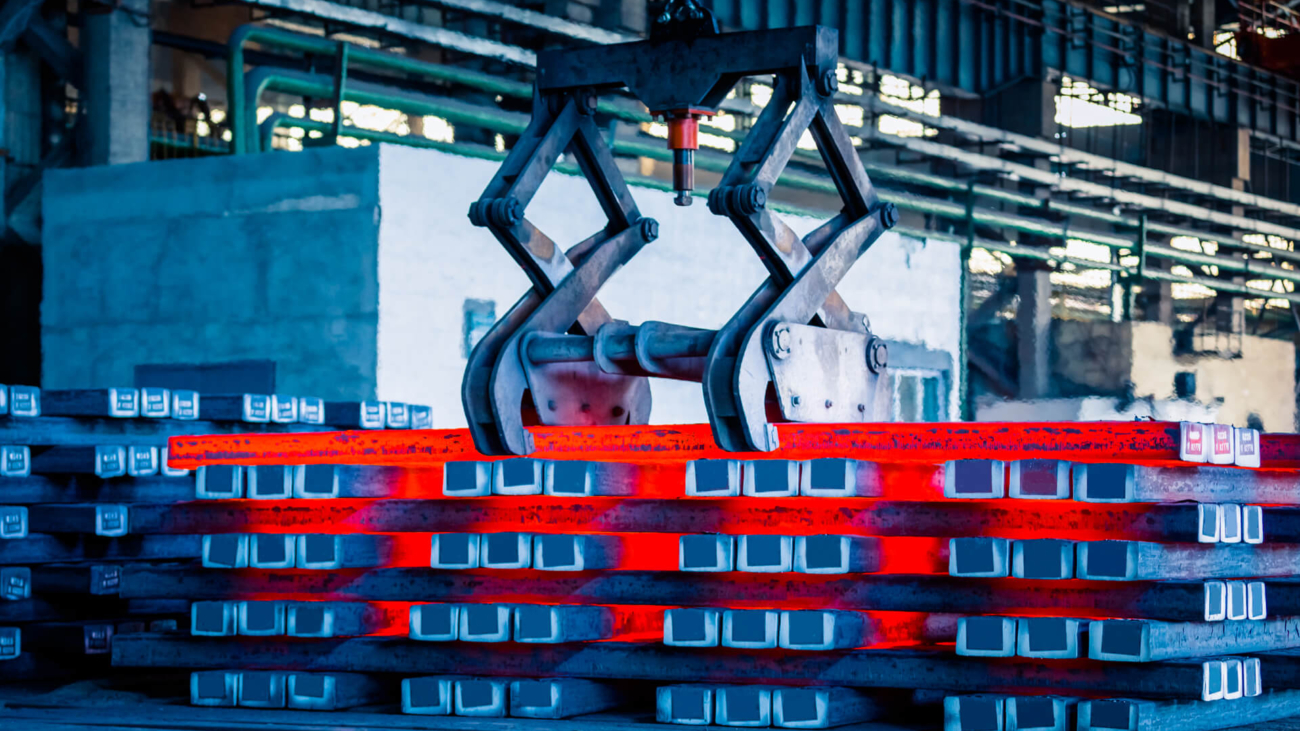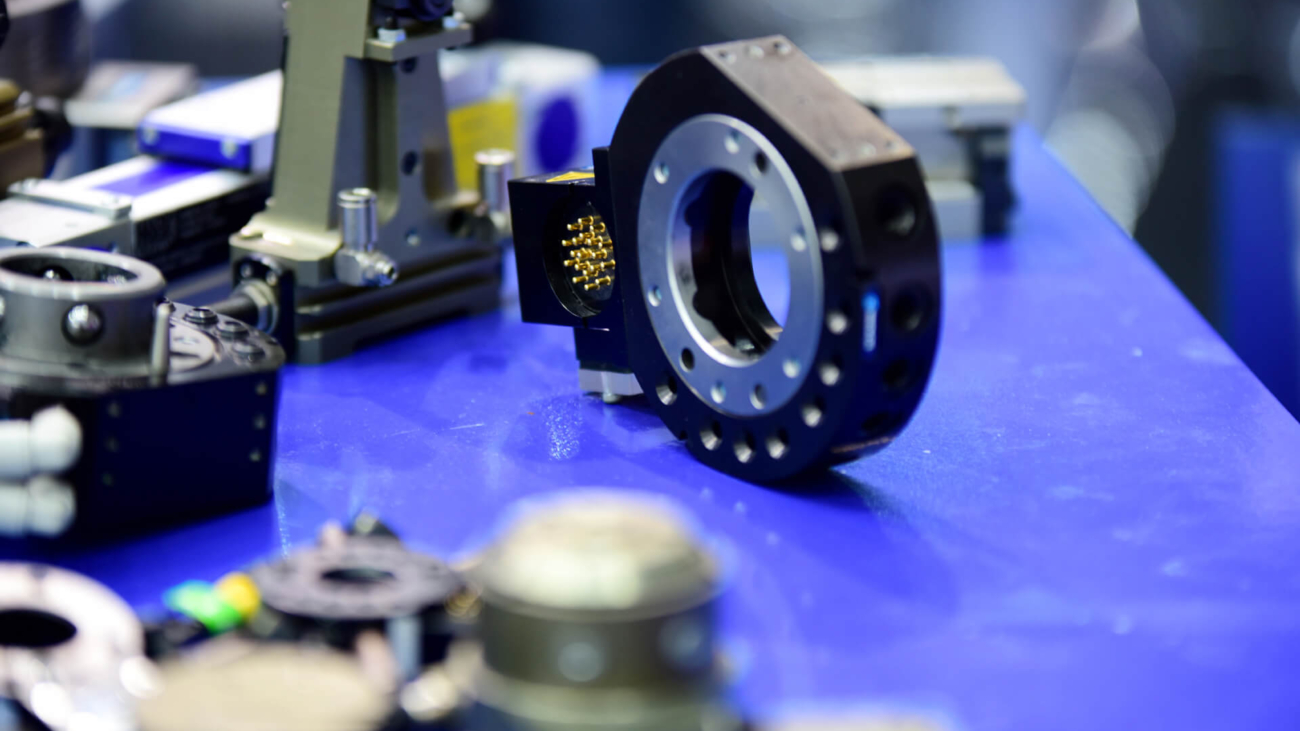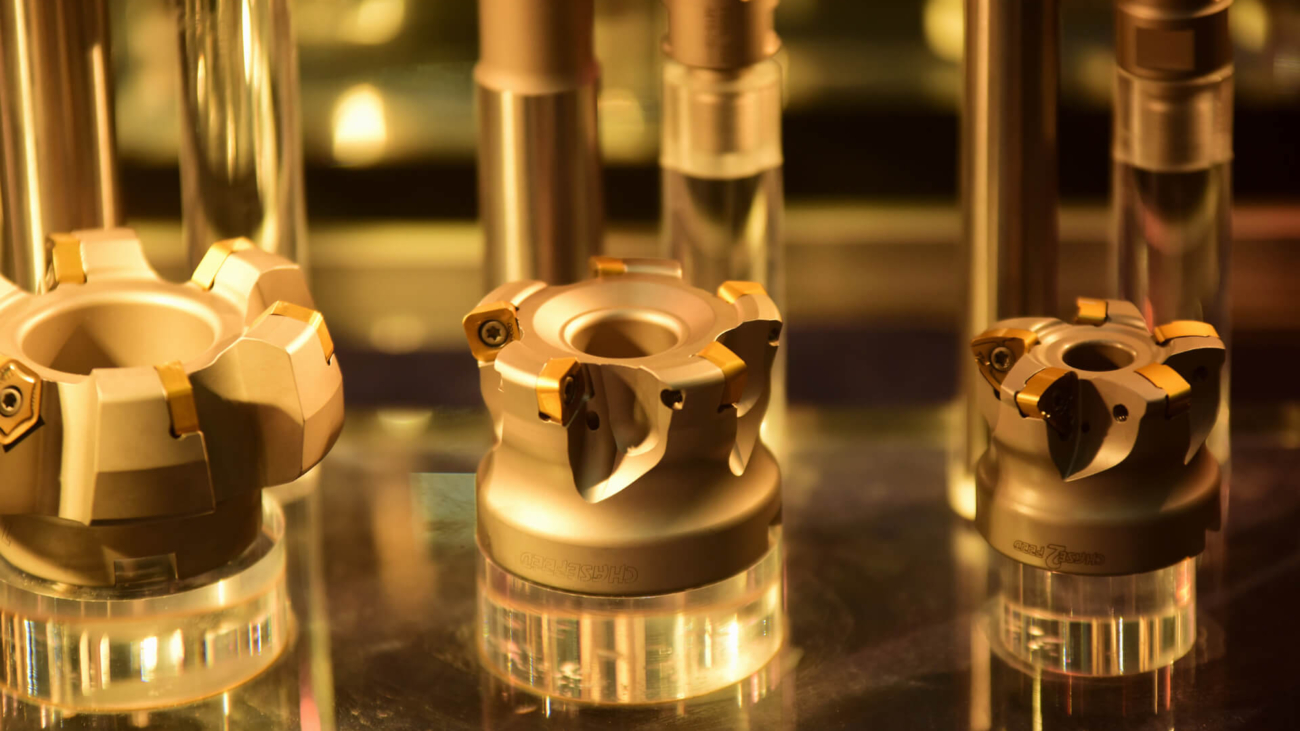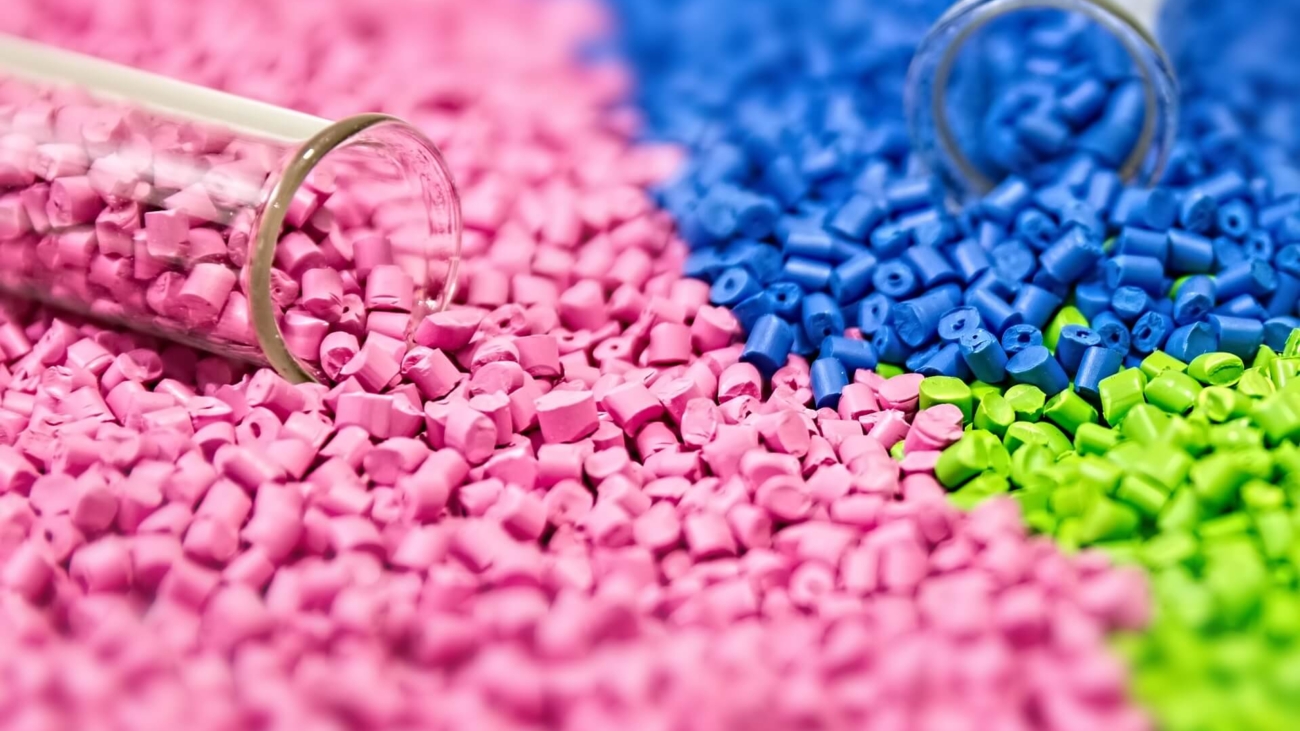Imagine rush hour on a busy interstate. A vehicle pulls over, smoke billowing from beneath the dashboard. In that critical moment, what stands between passengers and disaster isn’t just quick thinking — it’s the materials silently doing their job inside the cabin.
For leading Automobile OEMs, material choice isn’t just about design. It’s a commitment to safety, compliance, and brand trust.
With fire safety regulations like FMVSS 302 and growing public awareness, demand for Flame Retardant, Low Smoke (FRLS) rubber components has surged. Here’s what purchase managers need to know about why FRLS rubber is fast becoming a standard in vehicle interiors.
🛡️ What Do FMVSS 302 and ISO 3795 Require?
In the U.S., FMVSS 302 (Federal Motor Vehicle Safety Standard No. 302) regulates flammability of materials in the vehicle occupant compartment. Globally, ISO 3795 mirrors these standards for international markets.
Key Requirements:
- Applies to rubber parts, seat materials, floor mats, gaskets, trims, and more
- Materials must not burn at a rate exceeding 102 mm/min
- Mandatory for vehicles in the U.S., Europe, and several global markets
Non-compliance can result in recalls, lawsuits, and lasting brand damage.
🔥 Why FRLS Rubber? The Science Behind Safety
FRLS (Flame Retardant, Low Smoke) rubber is specially engineered to:
- Resist ignition
- Slow flame spread
- Emit low, non-toxic smoke
- Avoid molten dripping (prevents secondary ignition)
In most fires, it’s smoke inhalation and toxic gases — not flames — that pose the greatest danger. FRLS rubber addresses all three hazards.
✅ Key Benefits of FRLS Rubber Components
- Flame Retardant: Slows or prevents fire spread
- Low Smoke Emission: Reduces risk of smoke inhalation
- Non-Toxic: Protects occupants and rescue workers
- Non-Dripping: Prevents fire propagation via molten material
🛋️ Where Is FRLS Rubber Used in Vehicles?
- Driver seat air cushions
- Floor mats and thermal pads
- Door and window seals
- Battery pack gaskets (critical for EVs)
- Trim and insulation panels
- HVAC and ECU rubber enclosures
- Bushings and vibration isolators
These parts, when made from FRLS rubber, dramatically improve in-cabin fire resistance.
📈 Why OEMs & Purchase Managers Must Prioritize FRLS Rubber
- ✅ Regulatory Compliance: Meet FMVSS 302 & ISO 3795 requirements
- ✅ Protect Brand Reputation: Demonstrate proactive safety leadership
- ✅ Enable Global Market Access: Compliant materials are export-ready
- ✅ Future-Proof Designs: Meet stricter standards for EVs and public vehicles
📊 Going Beyond Compliance: Non-Toxic & Non-Dripping = Safer Evacuations
In real-world fire scenarios:
- Low smoke improves visibility and reduces lung damage
- Non-toxic rubber prevents harmful fume inhalation
- Non-dripping material stops fire from spreading inside the cabin
Especially critical for EVs and buses, where passenger density and battery risks are higher.
📍 Conclusion: Lead with Safety and Innovation
In today’s automotive world, safety isn’t optional — it’s a competitive advantage.
OEMs and Tier 1s that choose certified FRLS rubber materials not only meet global compliance but also reinforce their commitment to life-saving design.
Don’t wait for regulations to catch up. Be the benchmark.
Need expert guidance or certified FRLS rubber components?
Contact Achievo Engineering today.
Suggested SEO Tags:
FRLS rubber interiors, Flame resistant automotive rubber materials, FMVSS 302 compliance, ISO 3795 automotive standard, EPDM fire resistant rubber, Neoprene flame resistant rubber, Automotive OEM safety standards, Purchase manager automotive components, Ford interior safety, General Motors flame retardant, Tesla fire resistant rubber, Freightliner bus interior materials, Navistar low smoke interiors, Low smoke vehicle interiors, Non toxic automotive rubber, Non dripping fire resistant rubber, Air cushion FRLS rubber






